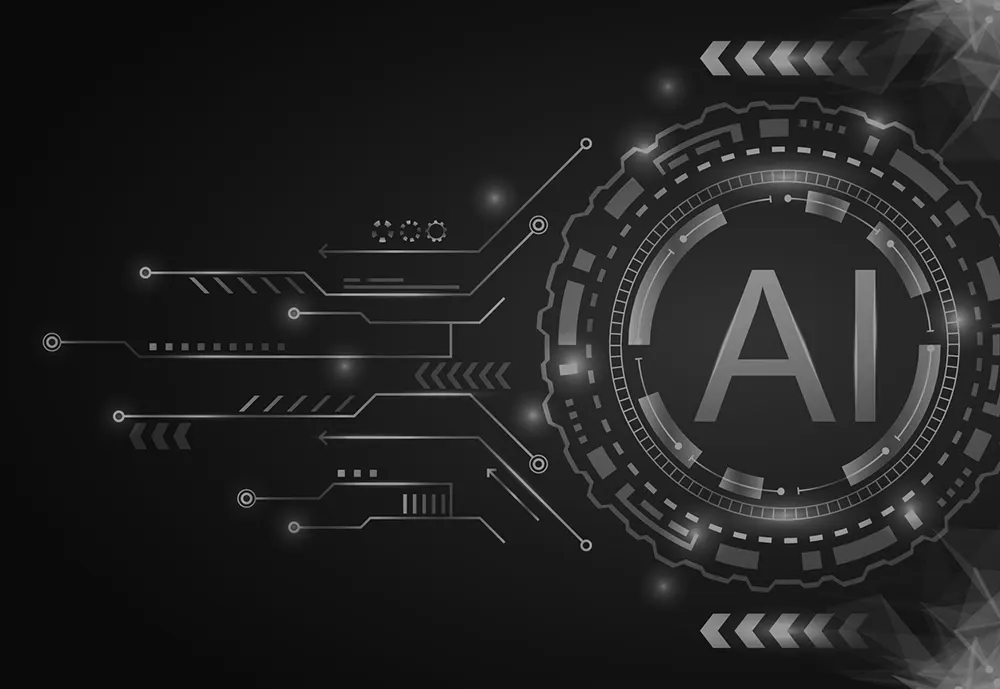Revolutionize Your Production with AI

Implementing automation processes in industrial companies offers a myriad of advantages, with efficiency being a fundamental concept. Automating industrial processes can lead to significant improvements in production, enabling tasks to be performed more quickly and accurately, ultimately enhancing overall operational efficiency. Key advantages of automation in industrial processes include:
Automation not only streamlines processes but also allows industrial companies to optimize their resources and maximize production, positioning them competitively in the market.
Despite the substantial benefits of automation in industrial processes, companies often face challenges during the implementation phase. One of the main obstacles is the cost of robots and the need for skilled personnel to operate and maintain automated systems. Additionally, navigating the complex technological landscape and integrating new automation tools into existing processes can pose challenges. However, companies are increasingly leveraging automation technologies to streamline laborious and repetitive tasks, improve efficiency, and drive innovation in their operations. By overcoming these challenges, industrial companies can unlock the full potential of automation and revolutionize their production processes.
The future of automation in industrial companies is shaped by emerging technologies that are redefining the sector. Advances in artificial intelligence (AI), artificial vision (AV), and robotics are driving a transformation in industrial automation, enabling more efficient and sustainable production processes. Trends in automation technologies include:
In Conclusion, the implementation of automation processes in industrial companies has immense potential to optimize operations, enhance efficiency, and drive innovation. Despite facing challenges such as initial investment costs and workforce retraining requirements, the benefits of automation, including increased productivity, improved accuracy, and reduced downtime, outweigh the obstacles. Future trends in automation technologies, such as the integration of artificial intelligence and machine learning, promise even greater advancements in industrial automation. By adopting and adapting to these evolving technologies, industrial companies can position themselves for long-term success and competitiveness in an ever-changing global market.
Your Content Goes Here

